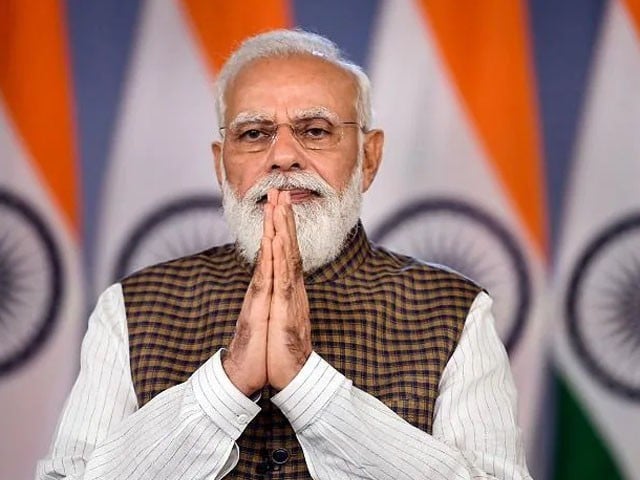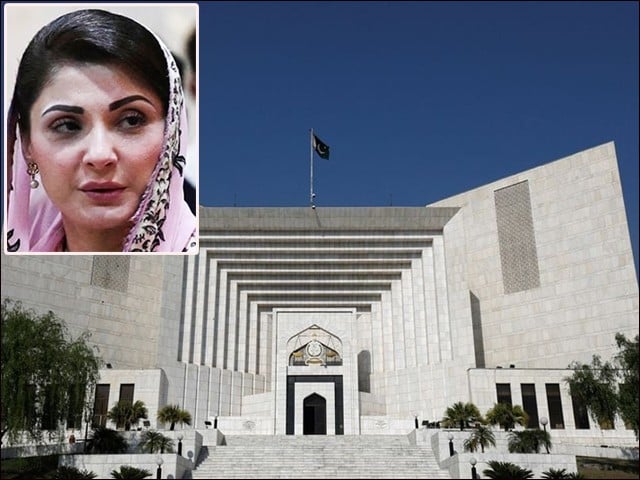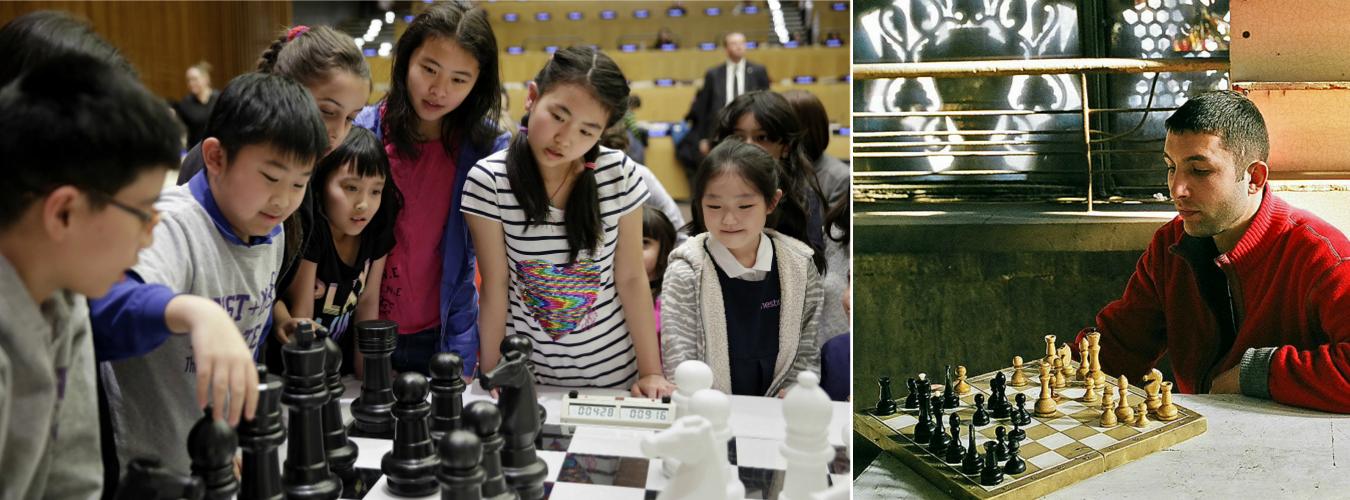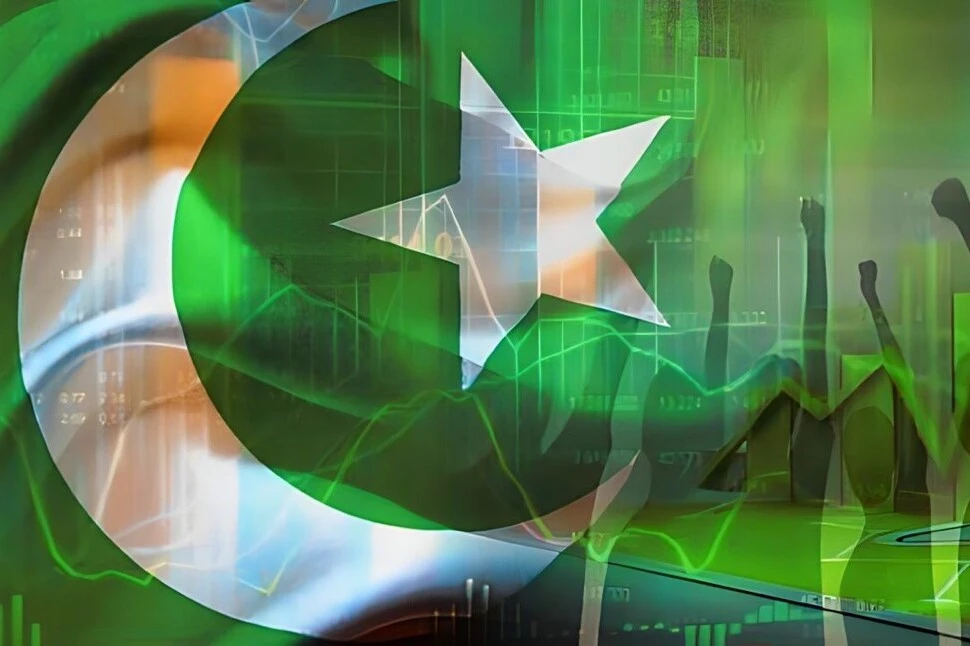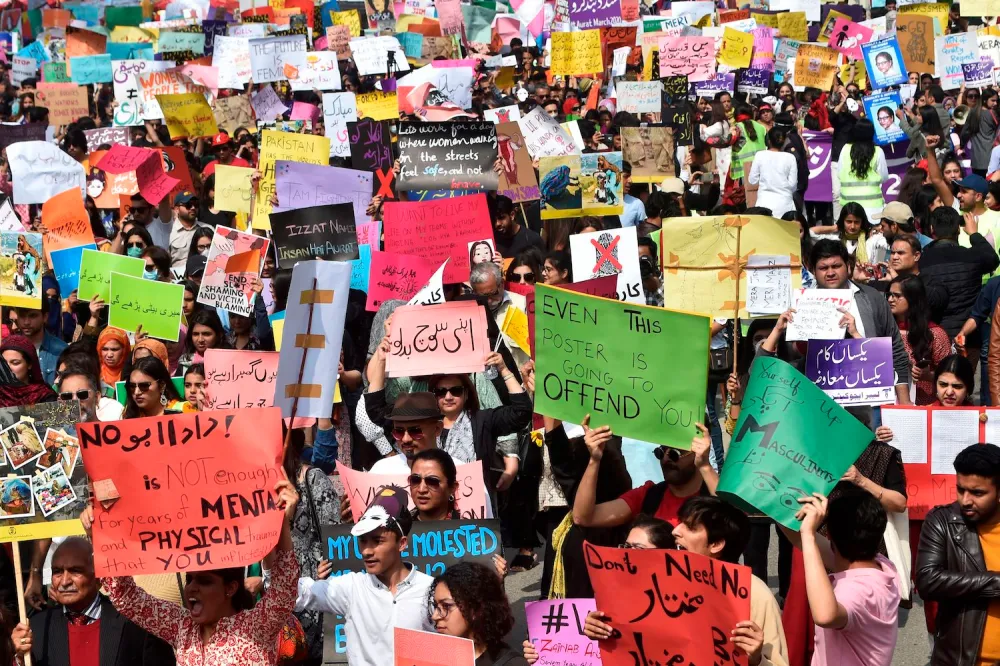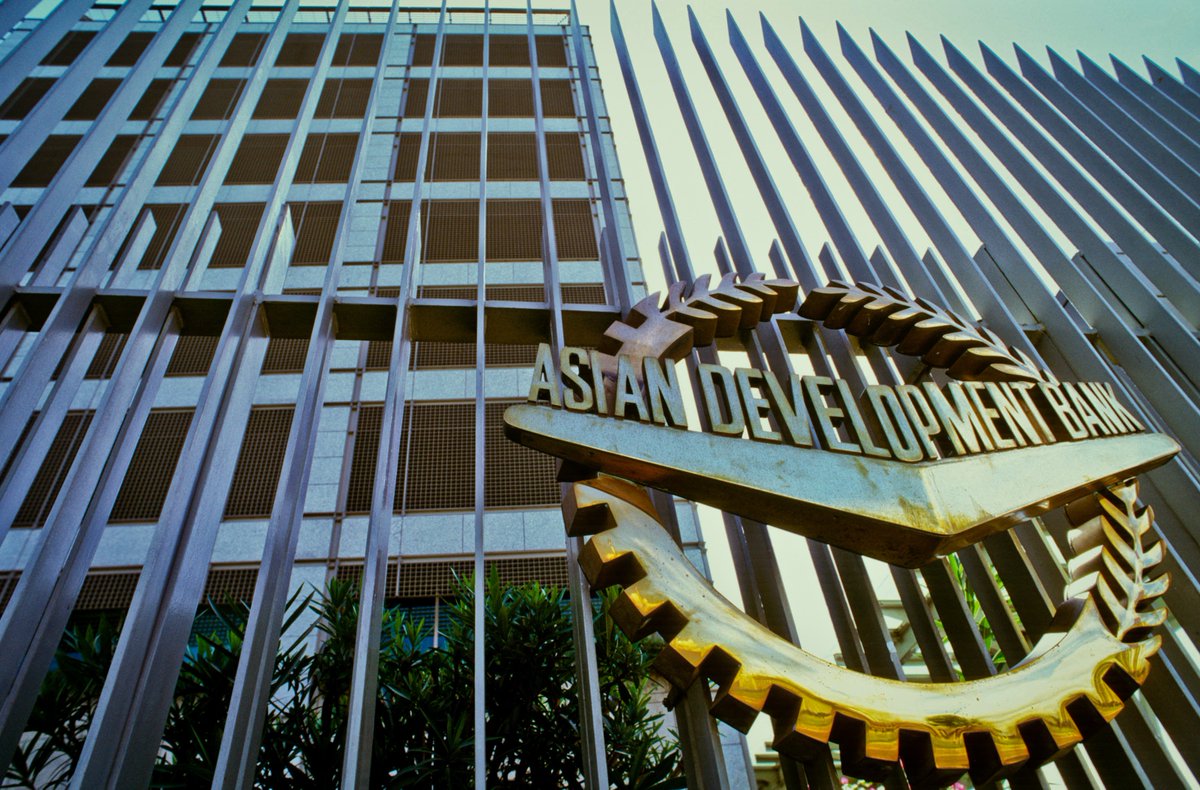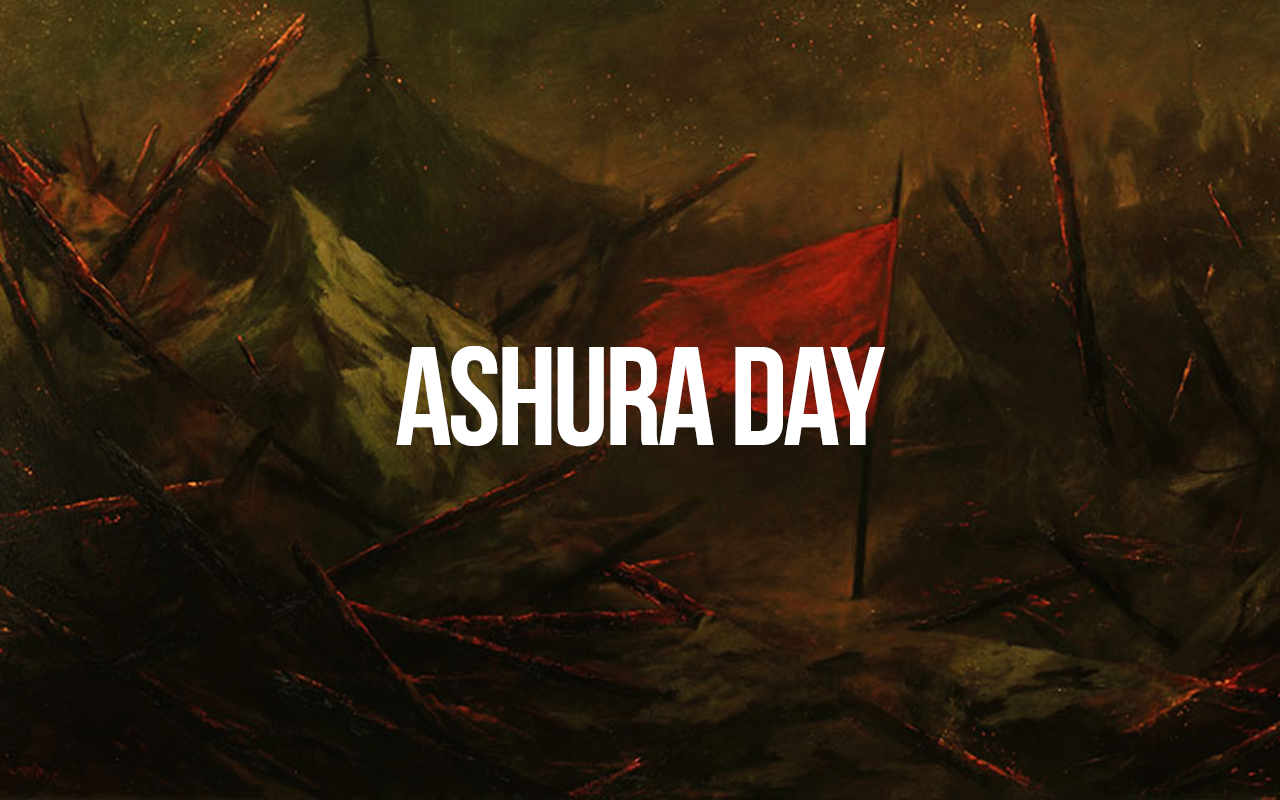Mubashir Nadeem
India is on the brink of a momentous event-its national elections, set to unfold on April 19th. The entire South Asian region is holding its breath, aware of the potential for Prime Minister Narendra Modi to secure a third consecutive term. This election, a battle between India and Hindutva, has seized the attention of the entire Indian population, underscoring its profound significance.
Modi’s adversaries have united under the banner of the India National Development Inclusive Alliance (INDIA), a formidable force set to challenge him. The fact that, on the eve of the elections, it is a fitting India vs Hindutva showdown is not lost on anyone. This united front is bravely confronting the authoritarian tendencies of Modi’s rule, aiming to disrupt his dominance in Delhi, Haryana, Rajasthan, and Uttar Pradesh.
The BJP’s focus has always been on appealing to the Hindu nationalist sentiment by focusing on issues like the Ram Mandir and the abrogation of Article 370 in Jammu and Kashmir. These contentious issues rely on religious sentiments and unite Indian bigotry. Modi’s victories in the past stemmed heavily from this strategy.
The BJP hopes to secure more than 400 seats in the 545-seat lower house of parliament. However, the rest of India is not making it easy for them. Modi’s opponents are trying to challenge his rule by highlighting the flaws in his government’s policies, such as the controversial demonetization move and the handling of the agrarian crisis. INDIA has not been silenced like the rest of Modi’s opponents in the past, which shows that they have power bases to back them as well. They have been able to garner significant support, especially in northwestern and southern India.
The now-entrenched Modi political class, supported by a subservient media, dubbed the ‘Godi’ media, and the fascist tendencies of the loose network of ultranationalist Hindu organizations (groups that advocate for the primacy of Hindu culture and values in India’s political and social life), has made it tough going for the opposition. The Rashtriya Swayamsevak Sangh is the BJP’s real ideological core and power base. However, INDIA’s resilience shows that the opposition is not ready to back down.
Modi does not only aim to secure a victory in the national elections but also wants to consolidate power at the state level. If the BJP gains control over southern state assemblies, it can use its power to further strengthen its nationalist agenda. This would exacerbate tensions surrounding the issues of identity, religion, and the rights of minorities in India, potentially leading to a more polarized political landscape and a shift in power dynamics.
The potential success of the BJP brings further polarisation of Indian politics. This will have implications for democracy, as the Hindutva agenda of the BJP greatly undermines the rights of minorities, giving one group an unfair advantage over the other. Overthrowing the BJP would flip the entire political landscape of India on its axis instantly. India’s future is at stake, and the world is watching, as a BJP victory could lead to a more nationalist and less inclusive India, with potential implications for regional stability and global relations.
Please, subscribe to the YouTube channel of republicpolicy.com



































